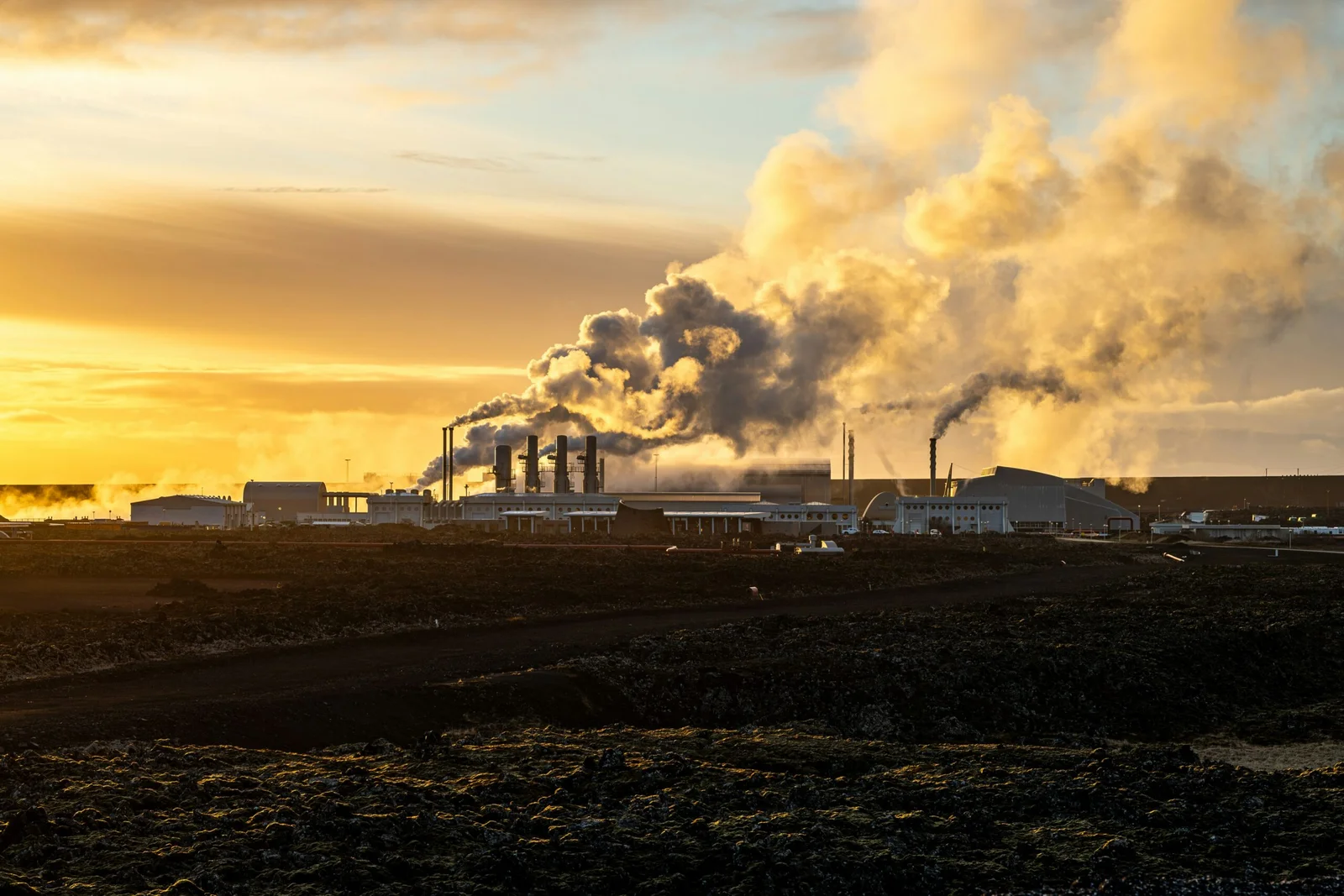Aurö – Shaping Environmental and Resource Economics in Germany
In the face of climate change, biodiversity loss, and sustainability challenges, the importance of sound environmental and resource economic research has never been greater. In Germany, one of the key players driving progress in this field is Aurö, the Standing Field Committee on Environmental and Resource Economics.
This committee is more than just an academic body—it plays a vital role in influencing research directions, fostering academic collaboration, and shaping public policy. In this post, we’ll explore what Aurö is, its objectives, and how it impacts both research and policy in Germany and beyond.
What is Aurö?
Aurö stands for Arbeitsgemeinschaft Umwelt- und Ressourcenökonomik, translated as the Standing Field Committee on Environmental and Resource Economics under the umbrella of the Verein für Socialpolitik (VfS)—Germany’s renowned association for economic policy and academic research.
Aurö serves as a networking and coordinating body for economists in Germany (and the broader German-speaking region) who specialize in environmental and resource economics. Its mission is to support academic excellence, encourage dialogue between scientists and policymakers, and ensure that economic research contributes meaningfully to environmental sustainability.
Core Objectives of Aurö
Aurö focuses on several key objectives to support its mission:
1. Promoting High-Quality Research
Aurö supports the advancement of environmental and resource economics by encouraging:
- The development of innovative economic models
- Empirical studies on environmental policy outcomes
- Research into sustainable resource use and climate change economics
Through workshops, conferences, and collaborative events, Aurö helps early-career and senior researchers connect, present, and refine their work.
2. Connecting Academia with Policy
One of Aurö’s most important roles is to build bridges between economic research and policy development. It facilitates exchanges between academics, government agencies, and NGOs, ensuring that environmental policies are:
- Data-driven
- Economically sound
- Socially inclusive
This is especially important in Germany, where environmental policy plays a major role in shaping EU strategies and global climate commitments.
3. Fostering Young Talent
Aurö is committed to supporting early-career scholars through events like the Aurö Workshop, where PhD students and postdocs present research, receive feedback, and grow their academic networks. These events help create a strong foundation for future experts in sustainability and environmental economics.
Aurö’s Impact on Research in Germany
Encouraging Collaborative Projects
By bringing together researchers from universities, institutes, and government bodies, Aurö encourages joint research efforts on urgent topics like:
- Renewable energy economics
- Water and land use policy
- Natural disaster response strategies
- Emissions trading and carbon pricing
These projects often result in publications that inform public discourse and government decisions.
Publishing and Dissemination
Members of Aurö are frequently involved in leading peer-reviewed journals and contribute to research that shapes national and EU-level discussions on:
- Climate adaptation and mitigation strategies
- Circular economy practices
- Environmental taxation and subsidies
Their work ensures that economic tools are effectively applied to environmental challenges.
Supporting Interdisciplinary Research
Aurö promotes the integration of economics with other fields like ecology, political science, and engineering, which is crucial for solving complex environmental problems. This interdisciplinary focus helps make environmental economics more practical and policy-relevant.
Aurö’s Role in Environmental Policy
Germany has long been a global leader in green policies—from Energiewende (energy transition) to its commitment to net-zero emissions. Behind many of these policies is solid academic research, much of which is supported or shaped through platforms like Aurö.
Some of Aurö’s influence on policy includes:
Advising Government Bodies
Aurö’s network of scholars often participates in:
- Advisory committees
- White papers and expert consultations
- Policy evaluation studies
This helps ensure that German environmental policy is grounded in rigorous economic analysis.
Supporting EU and International Collaboration
Germany’s environmental research often contributes to broader European Union initiatives. Aurö’s work helps align national efforts with:
- The EU Green Deal
- Emission trading schemes
- Biodiversity and resource protection laws
Aurö’s members often contribute to EU-funded projects and represent German expertise in international forums.
The Aurö Workshop: A Crucial Platform for New Voices
One of the most celebrated initiatives by Aurö is the Annual Aurö Workshop, a dedicated event for early-career researchers in environmental and resource economics.
What Happens at the Workshop?
- Young scholars present papers and receive detailed feedback
- Senior economists offer mentorship and constructive critique
- Topics range from theoretical modeling to applied policy research
Why It Matters
The workshop strengthens the academic pipeline in Germany by:
- Building skills in scientific communication
- Creating a culture of collaboration
- Helping young researchers enter policy and academic circles
The workshop is also a testbed for innovative ideas, some of which later influence policy or turn into major research projects.
Collaboration with Other Committees
Aurö collaborates closely with other field committees in the Verein für Socialpolitik and international bodies, including:
- The European Association of Environmental and Resource Economists (EAERE)
- Environmental policy institutes across Europe
This ensures that German research remains globally relevant and scientifically competitive.
Future Directions for Aurö
As environmental challenges become more pressing, Aurö is expected to play an even bigger role in:
- Climate economics innovation: New models for carbon markets and adaptation finance
- Behavioral economics in sustainability: Understanding public response to environmental regulations
- Just transition policies: Ensuring equity in the shift to sustainable systems
- Digitalization and environment: Exploring the intersection of digital tech and sustainable resource use
Aurö’s expanding role reflects the growing need for evidence-based, economically sound environmental strategies.
Final Thoughts: Why Aurö Matters
Aurö is not just a committee—it’s a cornerstone of environmental economic research and policy in Germany. By supporting academic excellence, bridging policy gaps, and empowering new researchers, Aurö contributes meaningfully to the sustainability transformation underway in Germany and Europe.
As environmental and resource economics continue to evolve, institutions like Aurö ensure that science, policy, and society remain connected—a crucial step toward building a greener, fairer, and more resilient future.
Aurö stands as a guiding force—where innovative ideas, research, and policy come together to drive real environmental progress.






